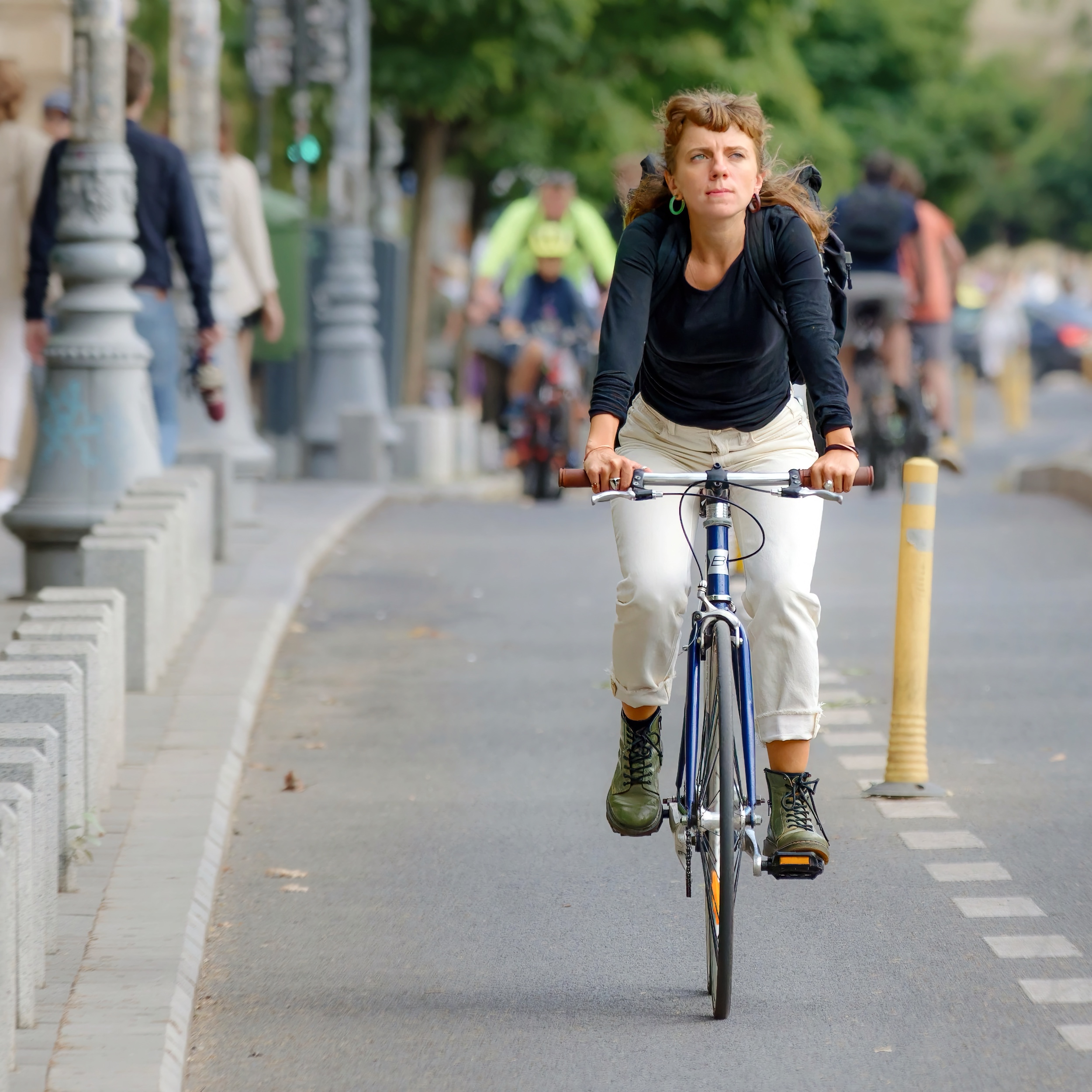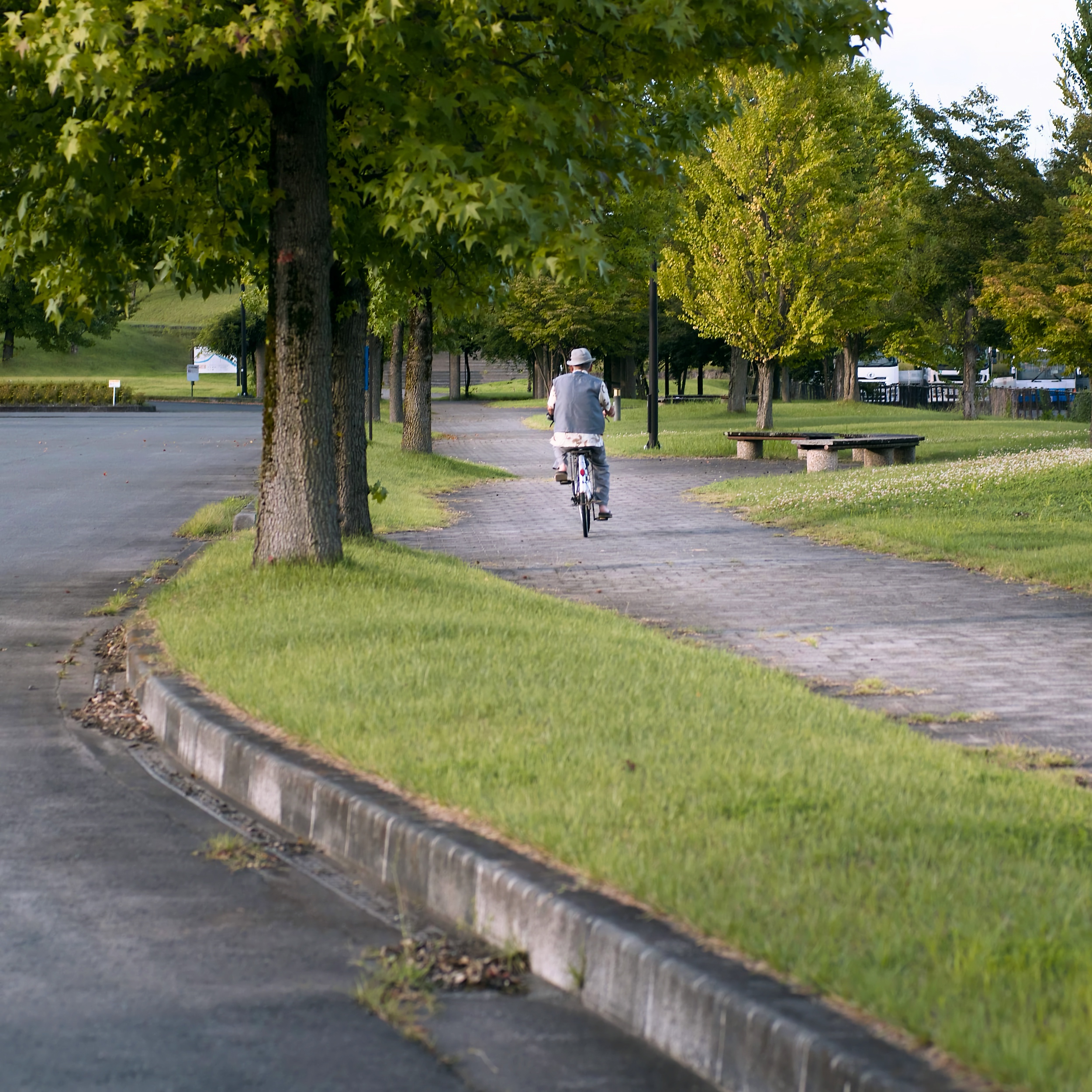I ride my bike, or occasionally an e-scooter, to work most days of the week. It’s quick, convenient, and also good for the environment. It makes me feel like I get a quick break before I start work or after I have finished it. The ride allows me a bit of time to clear my head, which I quite enjoy.
And while I am aware of the reputation of cyclists not being able to obey the rules, I tend to follow them quite well1. I share the street with cars, other cyclists, or public transport, and I ensure that pedestrians can cross the road if they need to. After all, cities should be built for people, not cars or bikes.
This generally, in my opinion, works quite well. In Zurich, accidents involving bikes were down last year. But bikes are still most likely to be involved in an accident. So it is typically a good idea to take extra care in traffic, especially if you are on a bike.
Zurich is mainly not a bike-friendly city; in fact, it came dead last in a survey in 2021. And while steps are being taken, in my opinion they are too few and the progress is too slow, simple as that.
Dangers of cycling
The dangers while cycling are unfortunately quite numerous: not paying attention and falling over; falling because of train tracks or pavement curbs; slipping on ice or wet leaves; being hit by a car.
And while the dangers are numerous, they are not all equal. While falling off the bike certainly hurts—my pride as well as physically—it is generally just myself that I’m hurting, and with the right protective equipment, the worst-case scenario is a broken bone or a few. But as soon as cars are involved, the danger increases exponentially. Cars are just very heavy machines, and even at low speed pose quite a bit of danger to a human, be it by being pushed off or by landing under the wheels. All in all, it is very dangerous and quickly becomes life-threatening. It is especially dangerous when considering how many people act out of sheer recklessness or even deliberately endanger others.
People somehow forget that when driving, they are operating a close to a ton heavy machine—a machine that rapidly poses a great danger to any human in its path. On my way home from work, I often pass a bit of a traffic jam. About 20 cars waiting for their turn, probably also people on their way home. And more often than not, there are a few people who are on the phone. And it is not isolated incidents: every day there is at least one car, more often than not, between a third and half of the people in the cars are on their phone.
It is not isolated incidents. Every day I see this. In fact, today, before writing this post, I decided to pay a bit more attention. On a street up the hill, a small, one-way neighbourhood street. Out of the seven cars that overtook me today, three of them were on the phone. And while all the cars overtook me quite closely—after all, the street is really narrow—luckily it didn’t feel dangerous at the moment. But reflecting on it, this is simply crazy. Being on a shared road while driving a heavy machine and operating your phone is just so dangerous2. And for what? Checking a few messages or looking at social media.
A way forward
Zurich has a strategy for bikes in the city called Bike Strategy 2030. Bringing more bikes to the city and improving the infrastructure is important to ensure good mobility in the city. But there is a long way to go.
While infrastructure is important, as are good bike paths, the proposal of the city is nowhere near far enough.


Separated bike ways, either as bike lanes with soft bollards or completely separated from the street, greatly improve the safety of cyclists.
On the infrastructure front, more needs to be built. Bike lanes should not just be marked on the ground, but there should be physical constructions protecting the bike lanes and therefore the cyclists as well. There are some great examples in some countries where there are soft bollards protecting the cyclists. In Germany, I have heard of actually fully solid protection barriers. Where there are many bikes and cars, these are an absolute must.
Even better than that are bike ways that are completely separate from streets where cars drive. This can be achieved by building new bike paths, including tunnels and bridges where necessary, but also by repurposing streets. Some streets can be closed to cars and given to bikes; it’s that simple. Not only will this improve the safety of the people riding bikes, but this will also improve the safety of the people living on those streets and probably also improve the air quality for everyone around. It’s also possible to build more of something called “Shared Zones” (Begegnungszonen), where pedestrians and bikes have the right of way and cars must drive carefully and below the speed of 20 km/h.
Finally, the dangerous behaviour of drivers needs to be addressed, especially when being on the phone. Being on the phone while driving is very dangerous, and most drivers strongly underestimate the danger of doing so.
So what we need here are strong fines—fines that actually hurt. Fines have been shown to work well against drunk driving. Phone usage while driving has been shown to be as impairing as being under the influence. Fines should be proportional to income, so they have the same effect on everyone. And there should be fewer shortcuts taken. Repeat offenders should be recorded, and the fines adjusted accordingly. Finally, the fines should be monetary and include taking away driving permission. If you pose a danger to people around you by driving, the simplest way to protect your surroundings is to remove your ability—simple as that.
So let’s build safe, good infrastructure and help ourselves build the mobility system of the future: safe, quick, and sustainable.